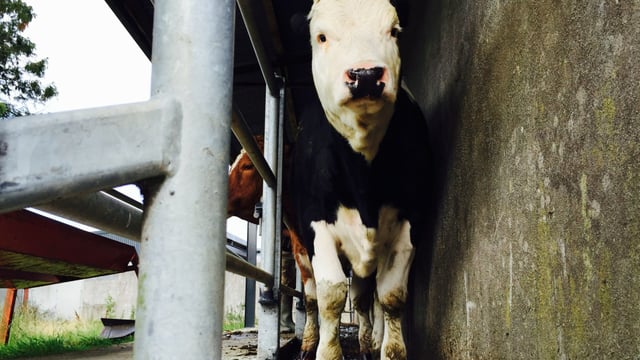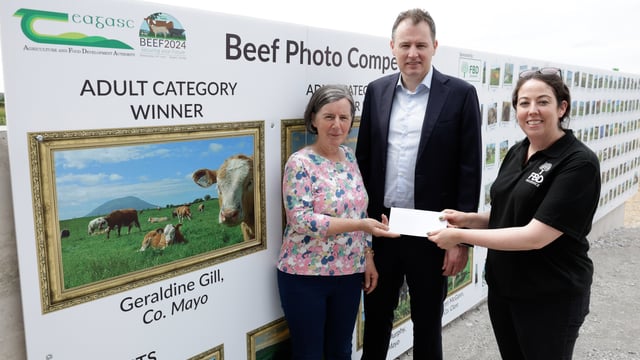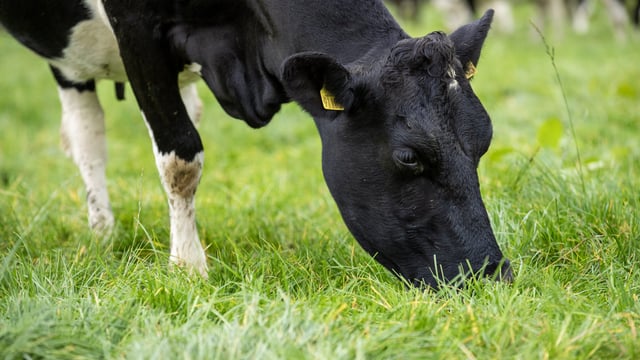162 people prosecuted over animal welfare offences in last decade
A total of 162 people have been "successfully prosecuted" in the last 10 years in relation to animal welfare offences the Joint Oireachtas Committee on Agriculture, Food and the Marine has heard.
Michael Sheahan, deputy chief veterinary officer with the Department of Agriculture, Food and the Marine (DAFM), told the committee that there are currently more than 200 officers who "carry out welfare inspections around the country and are out on the ground every day".
Sheahan added: "Since the Animal Health and Welfare Act 2013 came into operation in March 2014, 162 individuals have been successfully prosecuted.
"This figure includes 18 equine related prosecutions. A number of other investigations are ongoing".
However he said that "despite making very significant progress in the area of animal welfare over recent decades, ill treatment of and cruelty to animals does continue in our society".
The Oireachtas committee met yesterday (Wednesday, June 26) to discuss the welfare and treatment of horses and their traceability.
Chair of the committee and Fianna Fáil TD, Jackie Cahill, said the committee is very concerned by recent reports about the treatment of horses, as well as around the traceability of equines.
Earlier this month an RTÉ Investigates programme showed footage of abuse of horses that had been sent for slaughter at the country’s only licensed equine abattoir.
The behaviour, which included the ill-treatment of dying horses, was filmed using hidden cameras in a lairage used by Shannonside Foods Ltd in Straffan, Co. Kildare.
DAFM's deputy chief veterinary officer confirmed to the committee last night that the events broadcast in the RTÉ programme are "now subject to a live criminal investigation and I can assure members that the investigation will be thorough".
Sheahan added: "It is understandable that scenes like those broadcast prompt people to question how this happened and whether the department as the regulator should itself have identified such activity.
"This is something we have been reflecting on ourselves."
He also went on to detail to the committee DAFM staff's work in relation to the equine traceability system, animal welfare and "their responsibility to protect the food chain".
"Ireland’s equine traceability system operates within the requirements of and is fully in compliance with the requirements of EU law.
"In recognition of the importance of traceability to equine health, equine welfare andthe integrity of the food chain, the department has placed significant focus on improvingequine traceability in recent years," Sheahan said.
He added that DAFM is committed to "improving horse welfare and traceability".
"We are determined to take what lessons we need to from the RTE programme and use this as a catalyst for positive change for how we regulate horses in Ireland," DAFM's deputy chief veterinary officer stated.





